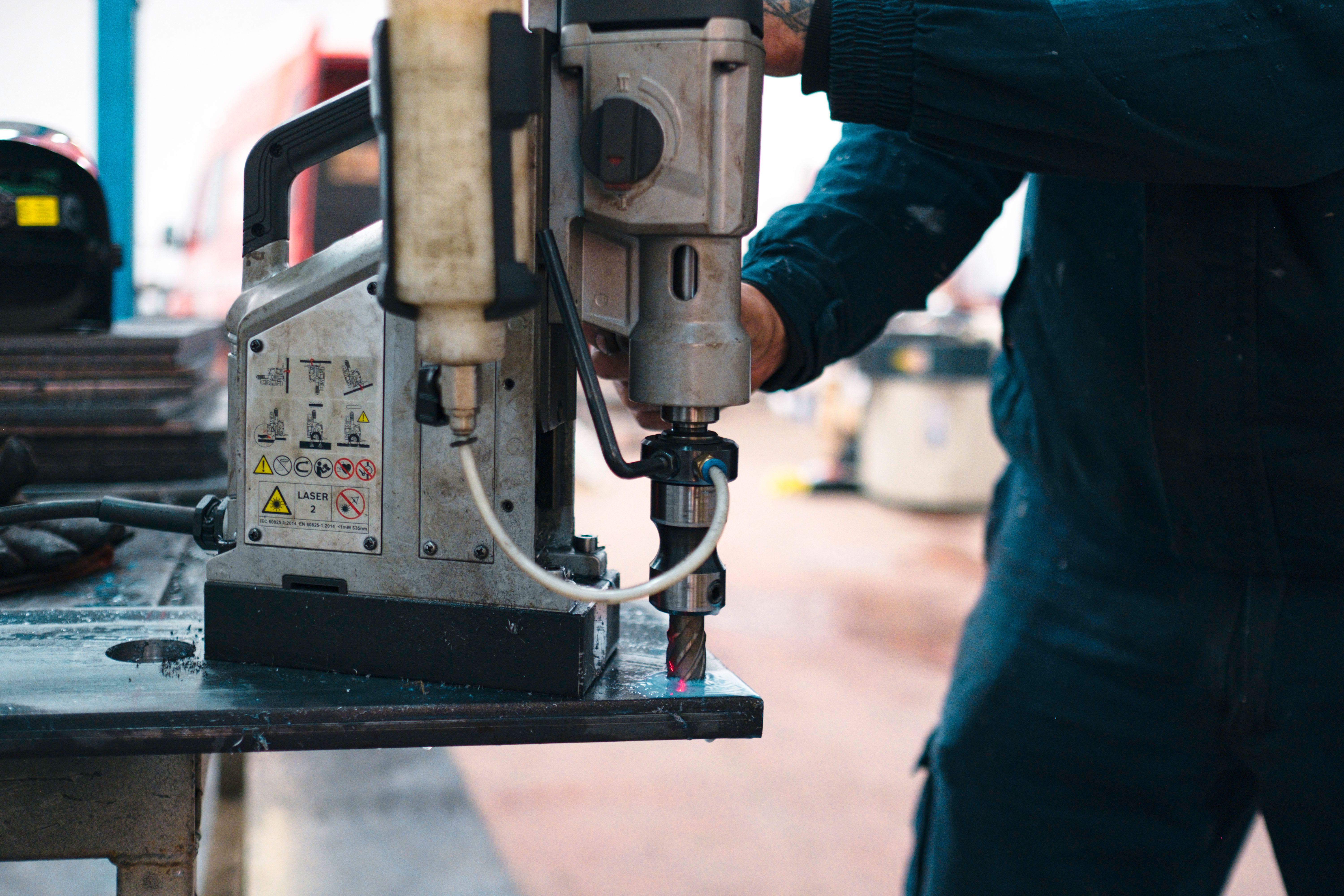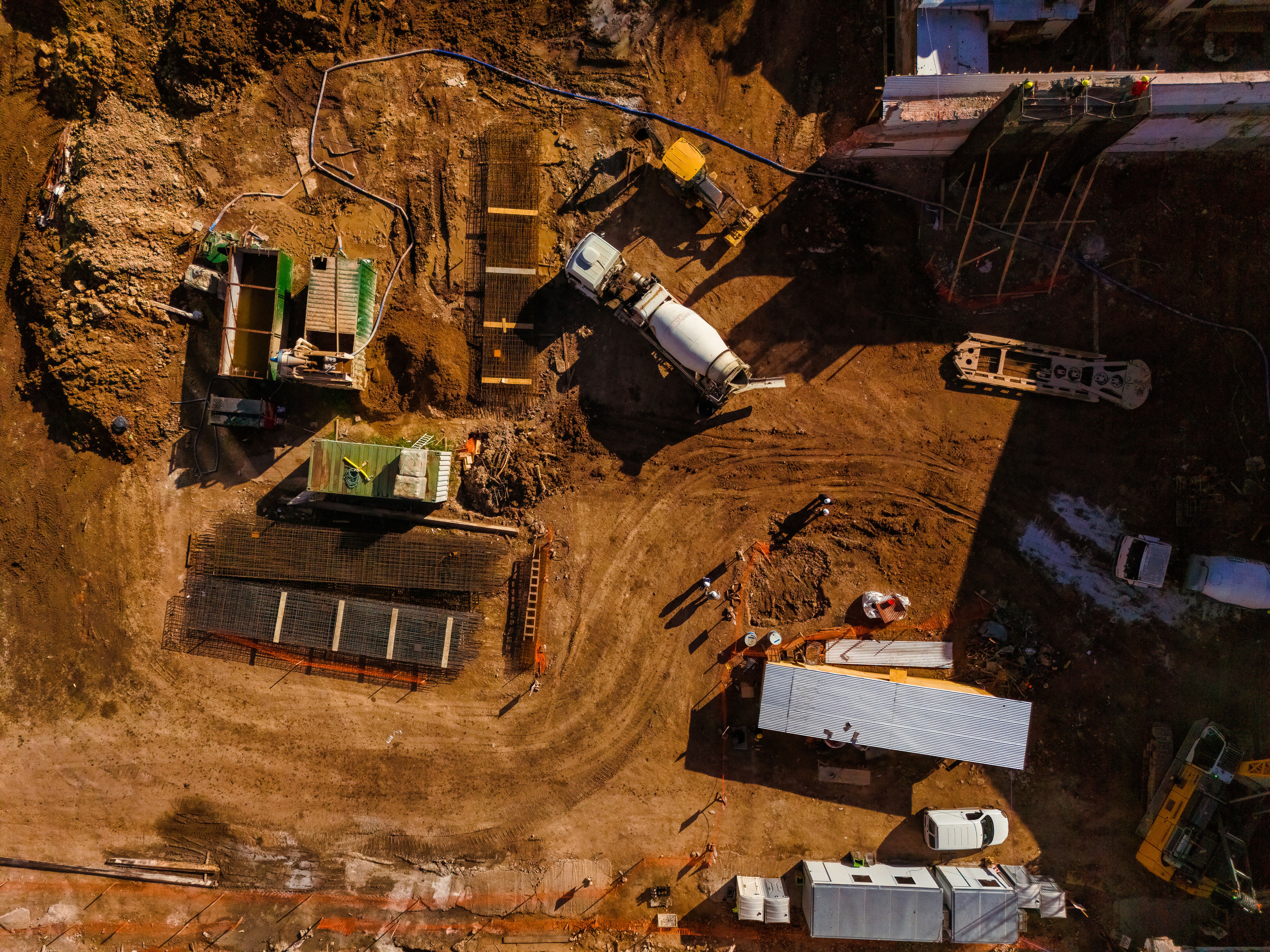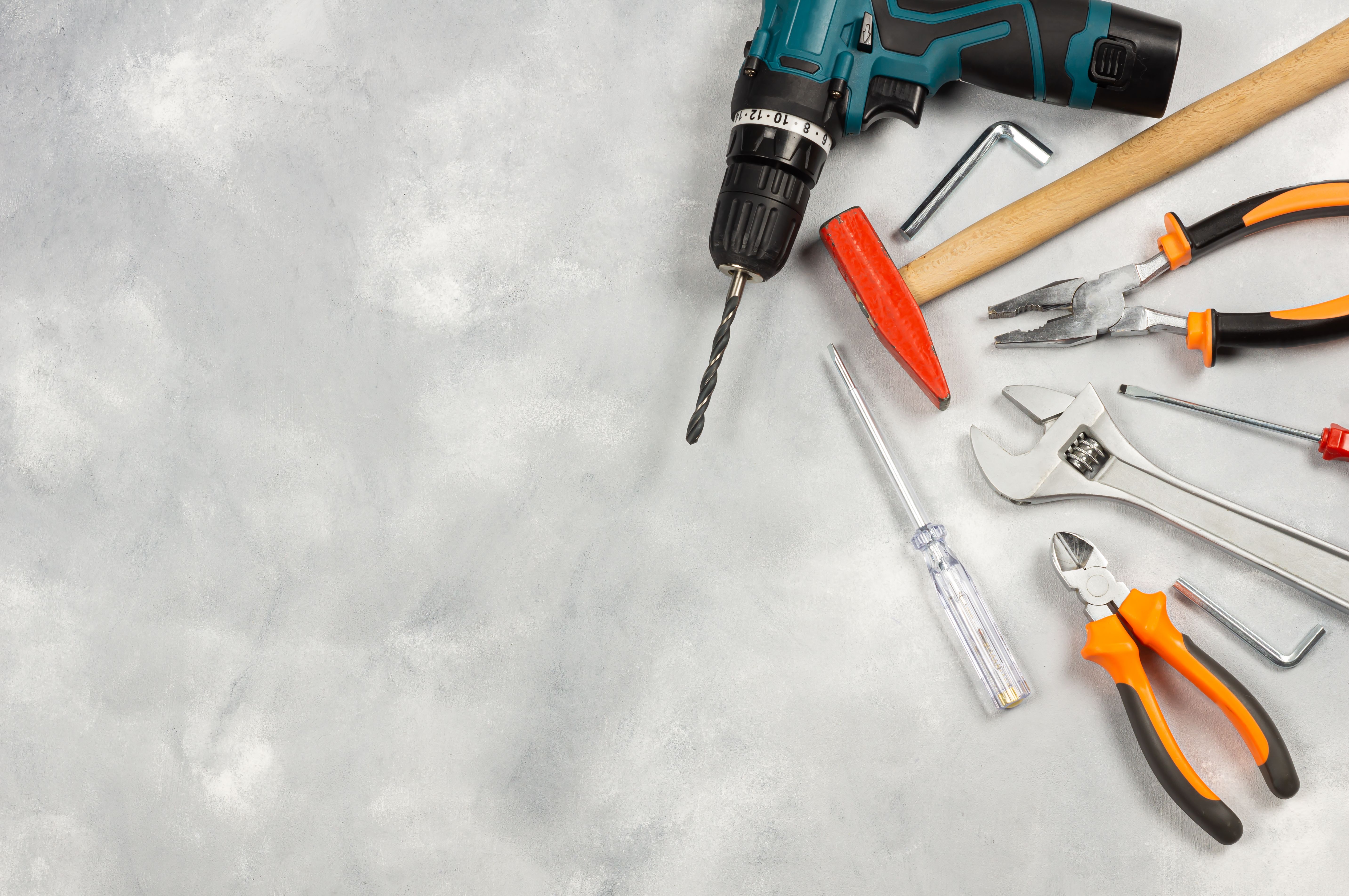Exploring Magnet Drill Technology in Tehran
RR
Understanding Magnet Drill Technology
Magnet drill technology has become an essential component in various industrial applications, especially in cities like Tehran where construction and manufacturing industries are thriving. This technology utilizes powerful magnets to adhere to metallic surfaces, allowing precise drilling operations. The strong grip provided by the magnets ensures stability and accuracy, making it an indispensable tool for professionals.
The demand for magnetic drills in Tehran has been on the rise due to their versatility and efficiency. These drills are particularly favored for their ability to perform in challenging environments, offering solutions that traditional drilling methods cannot match. Their ability to deliver precision without the need for clamps or other stabilizing tools is a significant advantage.

Applications of Magnet Drills in Tehran
In Tehran, magnet drills are predominantly used in the construction industry. The city's skyline is constantly evolving, with new skyscrapers and infrastructure projects underway. Magnet drills play a crucial role in these developments by facilitating the installation of steel frameworks and other metallic structures efficiently.
Additionally, the oil and gas sector also benefits from magnet drill technology. With numerous pipelines and rigs requiring regular maintenance and upgrades, the portability and power of magnet drills make them ideal for these tasks. They allow technicians to perform operations safely and swiftly, minimizing downtime and enhancing productivity.

Advantages Over Traditional Drilling Methods
Magnet drills offer several advantages over traditional drilling equipment. For starters, their portability makes them easy to transport to various job sites across Tehran. This mobility is particularly beneficial in urban areas where space can be limited, and access can be challenging.
Moreover, magnet drills are known for their high precision. The magnetic base ensures that the drill remains stable during operation, reducing the chances of errors or misalignment. This level of accuracy is crucial in industries where even minor deviations can lead to significant problems.
Choosing the Right Magnet Drill
When selecting a magnet drill for specific applications in Tehran, several factors need consideration. The first is the type of material being drilled. Different materials may require different drill bits or power settings to achieve optimal results. Understanding the nature of the material can guide users in choosing the appropriate equipment.
Another factor is the power source. Some magnet drills are corded, while others are battery-operated. In Tehran, where power supply may vary depending on location, having a versatile power option can be beneficial. Cordless models offer greater freedom of movement but may require frequent charging depending on usage intensity.

Maintenance and Safety Tips
Proper maintenance is crucial to ensuring the longevity and performance of magnet drills. Regular inspection for wear and tear, especially on the drill bits and magnetic base, can prevent potential malfunctions. Lubricating moving parts and keeping the equipment clean also contribute to its efficiency.
Safety is paramount when operating magnet drills. Operators should always wear appropriate personal protective equipment (PPE) such as gloves and eye protection. Additionally, ensuring that the magnetic base is securely attached before starting the drill can prevent accidents and enhance overall safety.
The Future of Magnet Drill Technology in Tehran
As Tehran continues to expand and develop, the reliance on advanced tools like magnet drills is expected to grow. Innovations in this field will likely focus on enhancing portability, increasing power efficiency, and improving safety features. These advancements will further solidify magnet drills as a staple in Tehran's industrial landscape.
The integration of smart technology into magnet drills may also be on the horizon. Features such as automatic depth control and digital interfaces could revolutionize how drilling operations are conducted, offering even greater precision and ease of use for operators.
